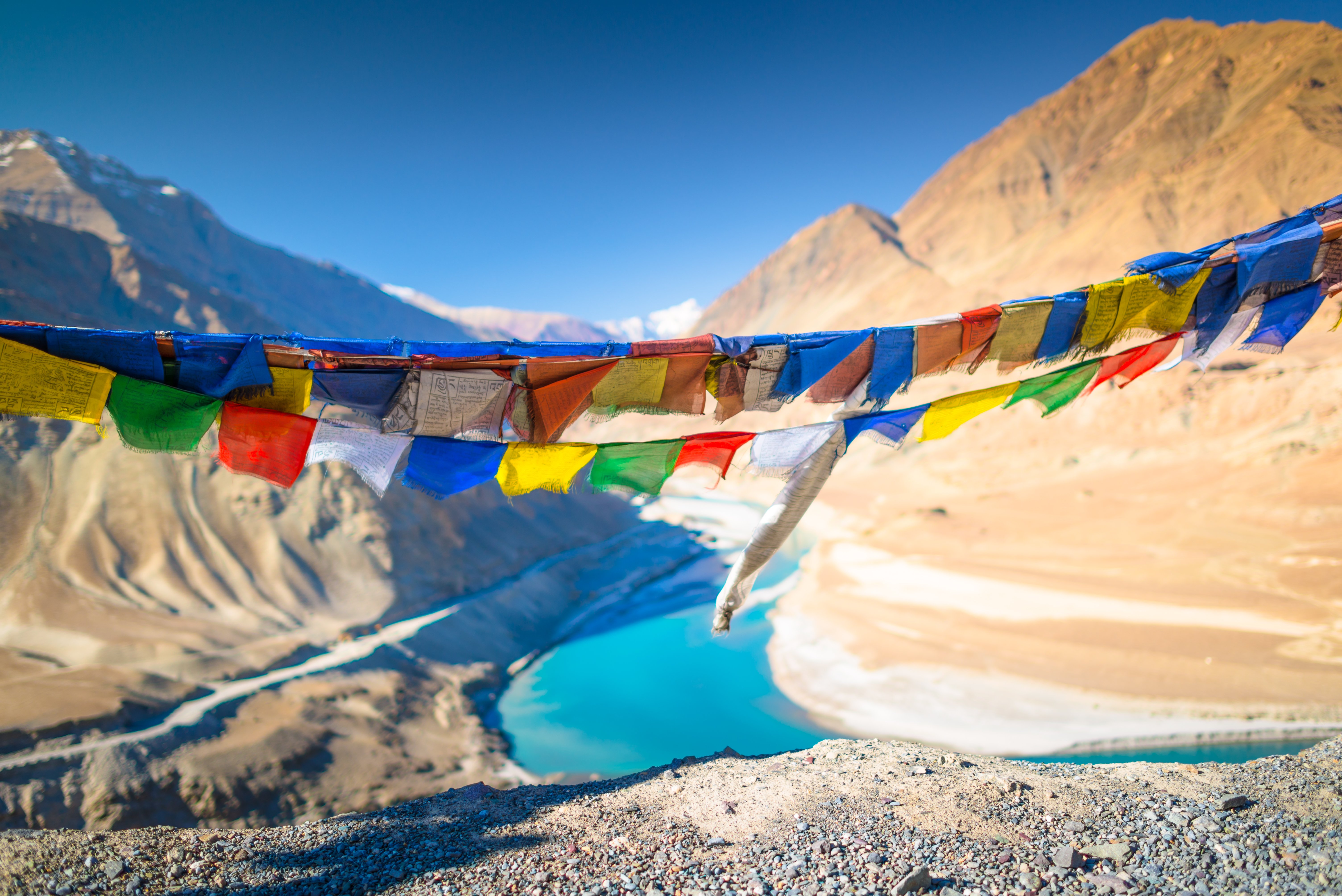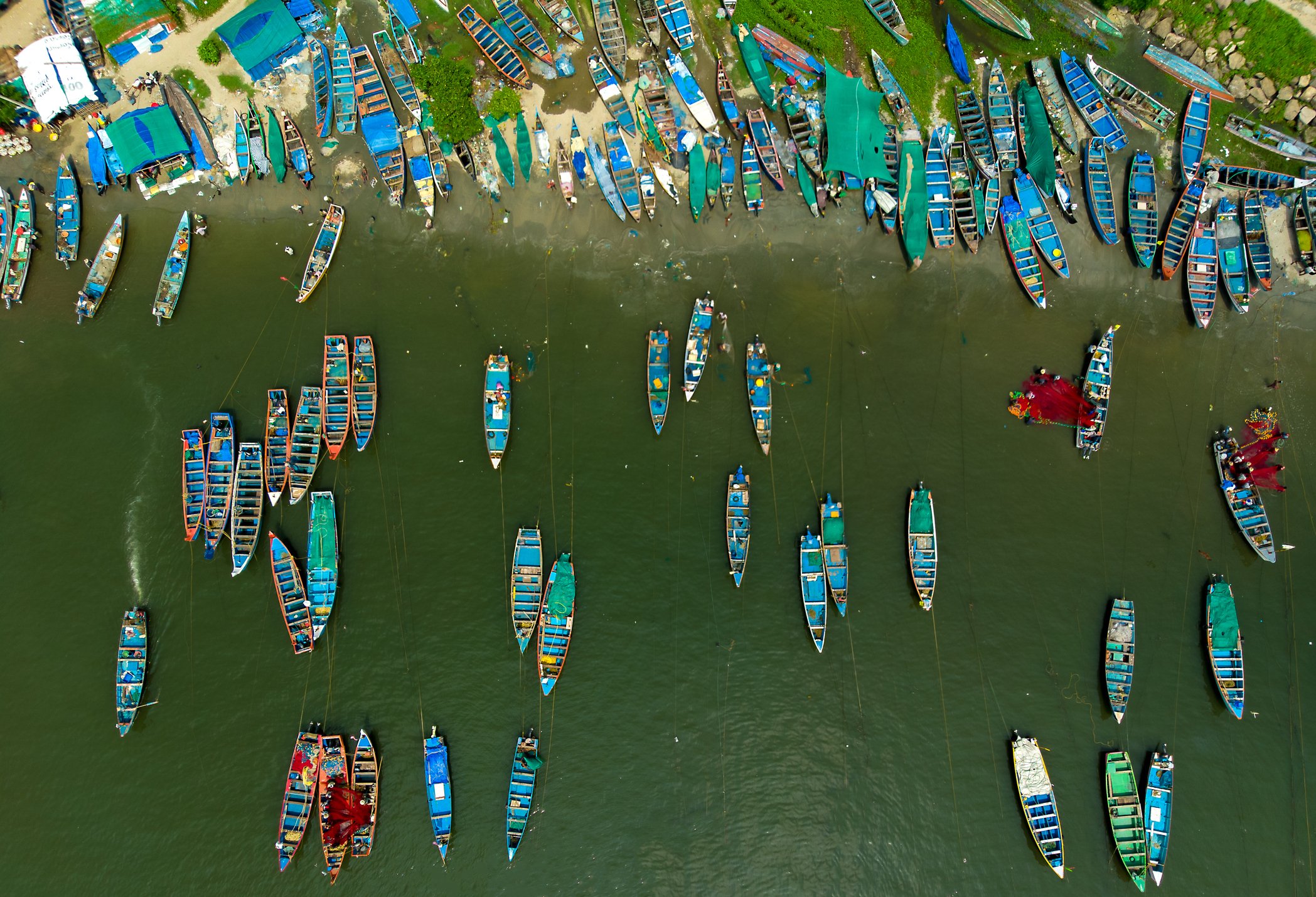April is Earth Month, an annual 30-day campaign dedicated to environmental education and awareness. In the past five decades, the global population has doubled and the travel industry has evolved to accommodate the growing needs of mobility and recreation. The growth of these industries can be complex. International travel increases the awareness and tolerance of other cultures; it also provides tourism dollars to developing economies. However, the grim reality is that the travel industry contributes to the carbon crisis. 10% of global carbon emissions are created by the travel industry, and 25% of that figure is just from the hotel industry. The push for sustainable travel is rooted in well-intentioned practices, but are we actually making a difference or just feeling better about our environmentally-friendly decisions?

The good news is that awareness creates solutions. Sustainability encompasses social and economic impacts - not just ecological. Many travelers are now seeking community-based projects or socially-conscious tours that aim to support local businesses and entrepreneurs. They are also becoming individual activists and using their voice to demand innovation. A traveler can make a difference as a consumer.
Here are eight small steps you can take toward becoming a more sustainable traveler:
1. BUY LOCAL. One of the easiest ways to be a responsible traveler is to shop locally. Whether it is a quick snack or a souvenir, support local artisans and seek out items that have been regionally produced instead of imported in mass production. This cycle benefits small businesses and local communities.
2. AVOID ANIMAL TOURISM. Be mindful of unethical animal tourism. Many travelers can make a wrong choice with good intentions, not fully understanding how an animal is exploited for economic benefit. Avoid activities with any animal performance, rides, or wildlife selfies, as well as any experience where you hold or play with the wildlife. Often the animals are drugged or worse just to make a dollar.
3. MINDFUL TRANSPORTATION. Most of a plane’s carbon emissions are emitted during take-off and landing, so reserve direct and non-stop flights for international travel. Because a passenger's emissions are determined by the space they use, flying economy also lowers the carbon footprint. A business class seat occupies more space and has an even larger footprint. Once you arrive at your destination, walk, bike, or use local transportation when possible. Use ride-share services or take a train!
4. HOTEL OR NO-TEL. Research the properties you intend to reserve. Do they support sustainable practices like banning single use plastics and recycling waste? What percentage of the hotel’s resources are local? Do they have a LEED certification or use renewable energy? Rather than staying at chain hotels, opt for heritage hotels or homestays. Not only do the tourism dollars stay in the community, but the experience can be more immersive and culturally authentic.
5. REDUCE, REUSE, RECYCLE. Reusable water bottles, bags, and toiletry containers drastically cut down on damaging single-use plastics. Pack items for multi-purpose use and consider renting any bulky gear locally. This can include adventure equipment like skiis or even child strollers and car seats. When staying at your hotel, be mindful of energy consumption - turn off electronics when leaving the room and use the heat/AC efficiently.
6. RESPONSIBLE TOURING. Research your travel company or tour operator. How are your tourism dollars directly benefiting a community? Even if local, immersive experiences are legal, are they ethical? Be aware of greenwashing, the false marketing of a service or product that appears eco-friendly or sustainable. This deceptive practice often convinces even savvy travelers that their financial contribution is environmentally friendly.
7. LIMIT WATER CONSUMPTION. We all love our long, warm showers, but in many destinations, water is a scarce commodity. Although you may have access to clean, fresh water, many don't, so limit your shower time and try to avoid baths. Don’t leave the tap running when brushing your teeth or shaving. Reuse your towels instead of opting for daily laundry service; if washing your own clothes, fill the sink only once and select an eco-friendly laundry detergent.
8. GIVING BACK. Find ways to support a local cause or philanthropic organization. In South Asia, our area of expertise, beggars are common. Fueled by compassion, travelers have good intentions to donate money. Unfortunately, many cities have homes that teach this craft as a scam, especially by manipulating children. if you feel compelled to give, we recommend donating money to a reputable and charitable organization that will fairly and transparently disperse the funds to the community.
Perhaps most importantly, ask yourself: How can I protect the world through travel?
Together, we can protect our planet's destinations by transforming tourism's impact on nature and people.



